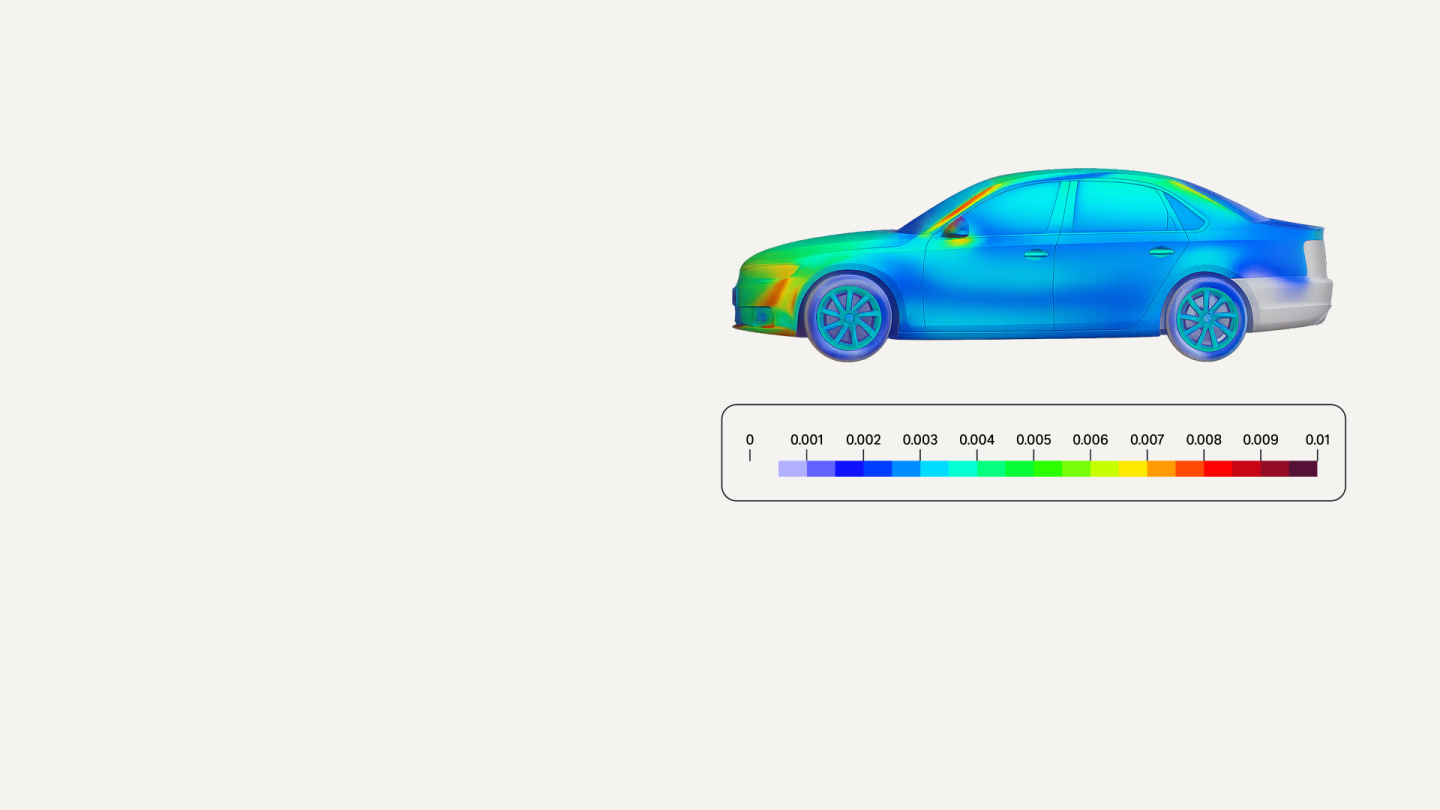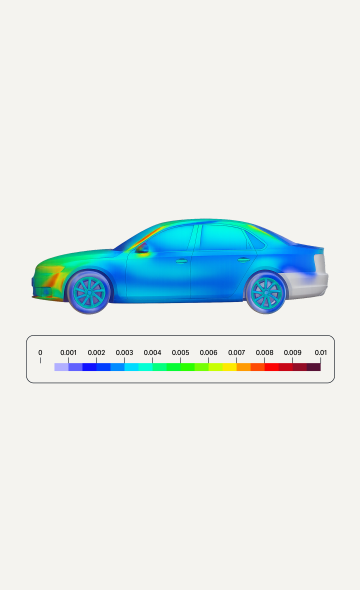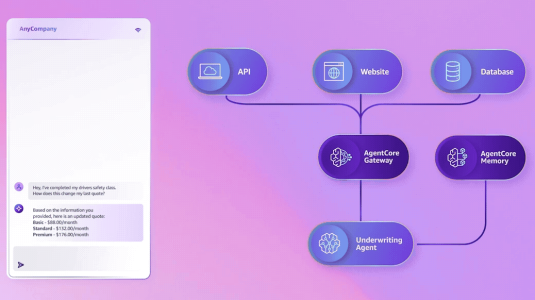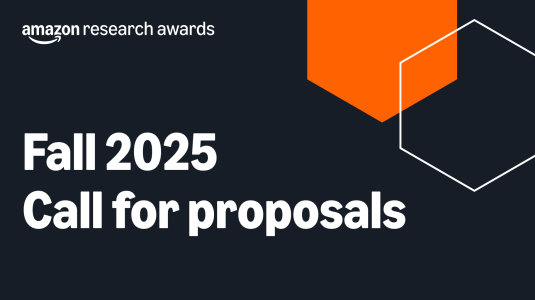Customer-obsessed science


Research areas
-
October 16, 2025Amazon vice president and distinguished engineer Marc Brooker explains how agentic systems work under the hood — and how AWS’s new AgentCore framework implements their core components.
Featured news
-
ACL Findings 20252025Dense embeddings are fundamental to modern machine learning systems, powering Retrieval Augmented Generation (RAG), information retrieval, and representation learning. While instruction-conditioning has become the dominant approach for embedding specialization, its direct application to low-capacity models imposes fundamental representational constraints that limit the performance gains derived from specialization
-
2025Ambiguous user queries pose a significant challenge in task-oriented dialogue systems relying on information retrieval. While Large Language Models (LLMs) have shown promise in generating clarification questions to tackle query ambiguity, they rely solely on the topk retrieved documents for clarification which fails when ambiguity is too high to retrieve relevant documents in the first place. Traditional
-
2025Text-to-audio generation synthesizes realistic sounds or music given a natural language prompt. Diffusion-based frameworks, including the Tango and the AudioLDM series, represent the state-of-the-art in text-to-audio generation. Despite achieving high audio fidelity, they incur significant inference latency due to the slow diffusion sampling process. MAGNET, a mask-based model operating on discrete tokens
-
20256D object pose estimation has shown strong generalizability to novel objects. However, existing methods often require either a complete, well-reconstructed 3D model or numerous reference images that fully cover the object. Estimating 6D poses from partial references, which capture only fragments of an object’s appearance and geometry, remains challenging. To address this, we propose UA-Pose, an uncertainty-aware
-
2025Developing a face anti-spoofing model that meets the security requirements of clients worldwide is challenging due to the domain gap between training datasets and diverse end-user test data. Moreover, for security and privacy reasons, it is undesirable for clients to share a large amount of their face data with service providers. In this work, we introduce a novel method in which the face antispoofing model
Conferences
Collaborations
View allWhether you're a faculty member or student, there are number of ways you can engage with Amazon.
View all














































